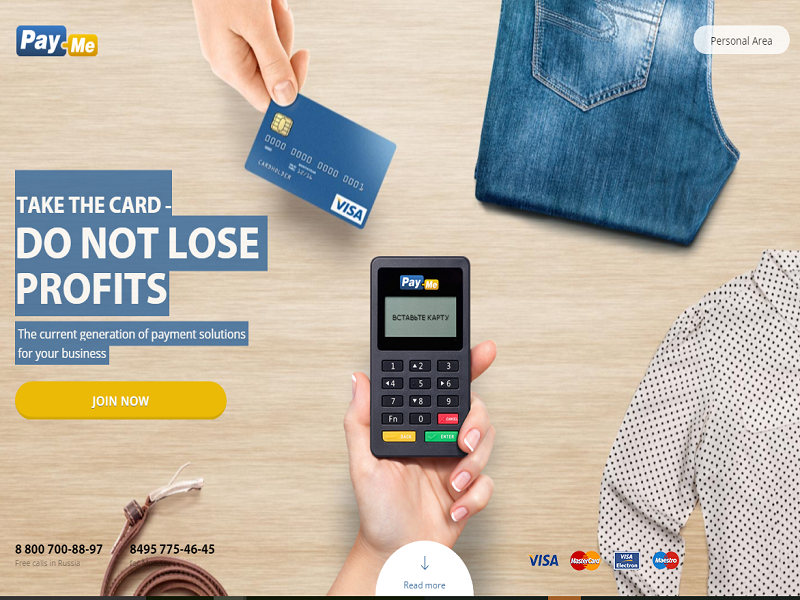BlockNotary is a new app that uses Tierion, and it is now used for one of Russia’s largest mobile payment processors. Pay-Me is a Russian mobile payments processor with over 30,000 installed devices, now backed by the power of the Bitcoin blockchain.
In the past, new customers would have to register via interview that was conducted in person with a customer service rep, due to Russian criminals stealing credit cards and proceeding to use mobile PoS terminals to launder money.
“Recording a video of yourself during the registration process helps prevent fraud. As CEO, I’d like to make it as difficult as possible for criminals to use Pay-Me to conduct illegal activities. – Pay-Me CEO, Vladimir Kanin.”
Blocknotary has done away with this, replacing it with a video interview that can be conducted through a mobile application, where Tierion (through Blocknotarys app) collects the data to create verifiable record of the process which is then stored on the blockchain. This greatly accelerates the process, by making the whole verification steps much smoother, allowing the customer to have their PoS device shipped in a timelier manner. A video of the entire process (takes literally around a minute from start to finish) is seen on Tierions blog, linked here.
Blocknotary’s Video Interview application lets customers verify their identity and conduct an interview from their location. The customer’s statement of intentions and the information needed for a background check are collected. This makes the onboarding process smoother for new customers and allows Pay-Me to ship a PoS device before a background check is complete. Additionally, Pay-me gets a tamperproof record of the entire process that can be verified using blockchain. This record can lower Pay-Me’s legal liability and be useful to police that are investigating fraudulent activity.
Tierion is a “cloud platform backed by the power of the blockchain”, allowing users to easily collect and store data. Once data is acquired, it is then anchored to the blockchain to ensure authenticity, and the user is sent a blockchain receipt, allowing the user to verify the data without relying on a trusted third party.
Will other financial institutions look to Bitcoin when it comes to screening new customers? What do you think? Let us know in the comments below!
